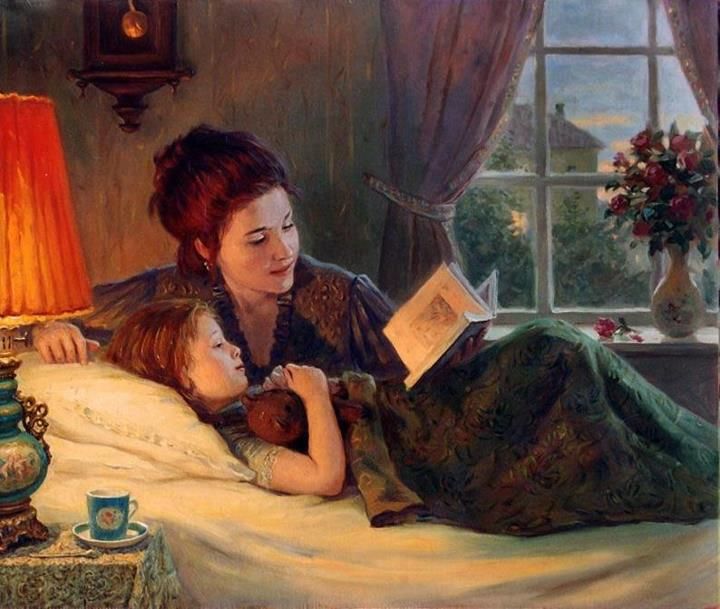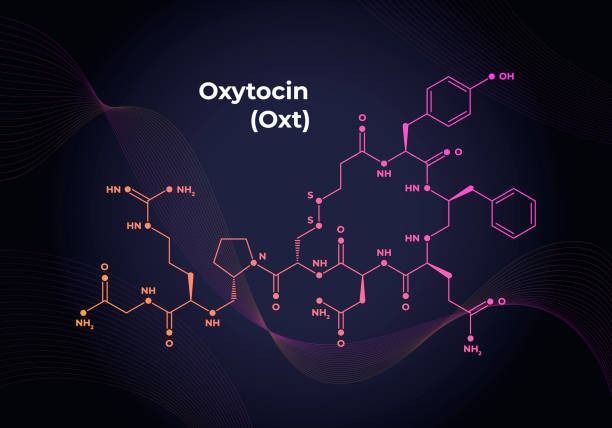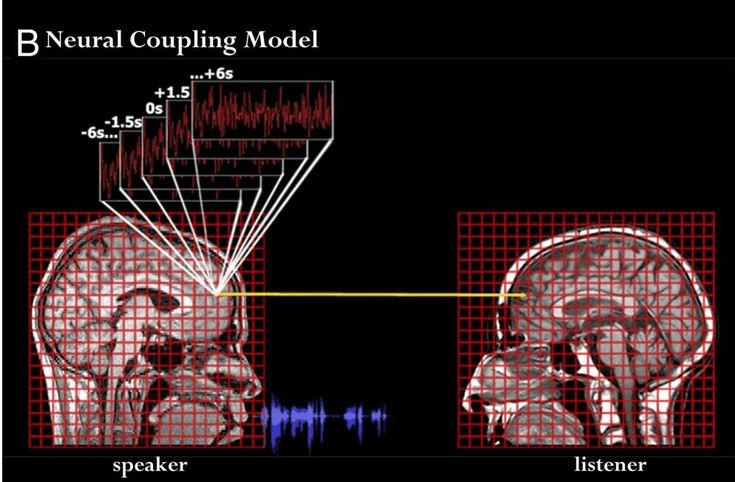Storytelling is not just for entertainment. It’s a fundamental part of human beings and what’s more! It has more hidden meanings too.
“We are, as a species, addicted to story. Even when the body goes to sleep, the mind stays up all night, telling itself stories.” — Jonathan Gottschall, The Storytelling Animal: How Stories Make Us Human
You know that storytelling is important for business and marketing, making you believe how much you need this product or service. But it is also a powerful tool for communication. Stories can be short, told on a page, in pictures, television, radio and through massive online media. No matter what age you are, where are you from, what you believe – everyone enjoys a good story. But behind the story telling lies the Science and I don’t mean how to write a good story, but Science that explains why we love stories so much, what gives them this unique power and charm to carry us away.\

Back to our childhood
For all of us, our love of stories dates back to childhood. Who has never heard about Cinderella or Little Red Riding Hood? I remember when my father told old fairy tales from Russia at bedtime. Our minds initially absorbed them in order to relax, delight, and learn something. Parents use them to explain sometimes very difficult or complex concepts such as “the baby-delivering stork” or dog heaven. But as we become more aware of the world around us, stories begin to take the form of little white lies, but hopefully, the magic doesn’t die. It just takes a different form to survive the passage of time.

The science behind storytelling
There is a scientific explanation for our love of stories. When we hear a story that resonates with us, our levels of a hormone called Oxytocin increase. By taking blood samples of participants before and after listening to a story, the scientists were able to demonstrate that those who heard strong character-based narratives had higher levels of Oxytocin in their bloodstream immediately after.
Oxytocin boosts our feelings of things like trust, compassion, and empathy. It motivates us to work with others and it positively influences our social behaviour.
Because of this, stories have a unique ability to build connections. Great brands know this and tap into its power in order to build a base of engaged fans.

Not only oxytocin…
Neuroscientists have also shown that our brains become more active when we are told a story. Normally, the ‘language processing’ region of the brain would light up when we take in new information. However, when information is delivered in the form of a story, other areas become activated as well, such as the Sensory Cortex and Motor Cortex. These are the parts of the brain typically triggered when we experience events first-hand.
In other words: When we hear a well told story, our brain reacts as if you are experiencing it yourself.

Your brain places you inside the story!
I don’t know where and when I heard the story about one of the oldest booksellers who says: “I read four thousand books, and I lived four thousand different lives.” How beautiful is that! I don’t know about you, but I really want to read a book right now.
“Stories can heal, stories can teach, stories can inspire, stories can enlighten, and
stories can resolve.” — Amanda D’Annucci
Humans are empathetic creatures. As such, we respond to stories because they cultivate emotion and a sense of togetherness — a connection.
The simple personification and humanization of a cartoon character creates a connection with the audience. It causes the release of oxytocin, the “love hormone” or “bonding hormone,” and makes the audience place themselves into that character’s story, connecting on a deeper level.

Sources
Truscott, H. (2016, July 10). Why Do We Love Stories. You&Co https://www.youandco.com.au/blog/why-we-love-stories
Van De Brake,J. (2018, September 27). The Science of Storytelling: Why We Love Stories. The Startup https://medium.com/swlh/the-science-of-storytelling-why-we-love-stories-fceb3464d4c3

Leave a Reply